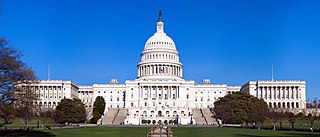If you are interested in the intersection of library catalog
data and library computer systems, then the Mashcat movement
is for you. To quote their website, “’Mashcat’ was originally an event in the
UK in 2012 which was aimed at bringing together people working on the IT
systems side of libraries with those working in cataloguing and metadata. Three
years later, Mashcat is a loose group of metadata specialists, cataloguers,
developers and anyone else with an interest in how metadata in and around
libraries can be created, manipulated, used and re-used by computers and
software. The aim is to work together and bridge the communications gap that
has sometimes gotten in the way of building the best tools we possibly can to
manage library data.”
Most of the time, Mashcat exists mainly as a product of
social media, with the hashtag #mashcat. There is also a monthly
(approximately) Twitter chat.
The first ever North American Mashcat event will be held on January
13, 2016 (timed to coincide with ALA Midwinter). Registration is full, but there is a waiting
list. In the mean time, you can read the planned events for the day
and join me in hoping presentation materials will be made available after the
fact.


